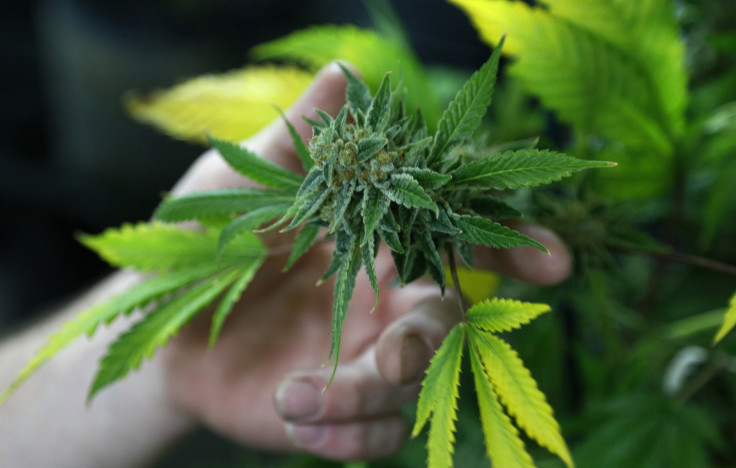Legal Marijuana: Colorado May Limit Homegrown Weed

Colorado, which has some very liberal laws for homegrown marijuana, voted Monday to drastically limit the number of plants allowed to be grown in residential areas in a bid to curb illegal growing and trafficking of marijuana.
Revising the current cap, which allows for as many as 99 homegrown plants for medical marijuana patients and caregivers, the new legislation — House Bill 1220 — dictates a maximum limit of 16 plants per home limit for both medical and recreational use. With bipartisan support, the bill was passed 11-2, according to the Associated Press. However, it still requires approval from the Senate and the governor’s signature to become law.
“The current limit of 99 plants is a massive loophole in our state law that attracts criminal elements from across our nation in search of a quick buck. ... Colorado voters did not envision massive, commercial-grade home-grow operations in residential areas and those who maintain that this is in some way permitted by the State Constitution are flat out wrong,” Police Chief John Jackson of Greenwood Village told the Denver Post.
Along with House Bill 1220, another related bill, House Bill 1221, which seeks to provide funds to local law enforcement groups to help them crackdown on illegal growth operations, was given preliminary approval. The grant program will create a yearly fund estimated worth $6 million for this purpose and it will be paid by leftover money collected by the state from marijuana sales taxes.
The two bills come amid growing fears about Donald Trump administration’s enforcement of marijuana policies. At the center of this is the appointment of Jeff Sessions, a former Republican senator from Alabama who was confirmed as Trump's nomination to the post of U.S. attorney general by the Senate after a close vote of 52-47. Marijuana remains an illegal drug, a Schedule 1 narcotic at a federal level, even though more than two dozen U.S. states, including Colorado, have legalized some form of marijuana for medical or recreational use.
Sessions has said that “good people don’t smoke marijuana” and cannabis is “not the kind of thing that ought to be legalized,” besides opposing attempts to legalize marijuana and reduce drug sentences. He also reportedly advocated death penalty for drug traffickers.
White House Press Secretary Sean Spicer has also said the people could expect “greater enforcement” of federal marijuana laws under Trump. And most recently, Daniel Bogden, the U.S. attorney for the state of Nevada, had sent a letter to the organizers of the Cannabis Cup to let them know that the federal government was “aware of an upcoming event ... that involves the transport, possession, use, and distribution of marijuana ... [which] is prohibited by 21 U.S.C. § 841.”
Although the event went on smoothly on March 4-5 without any arrests, the letter sent to the organizers underlined: “Federal investigation and prosecution may still be appropriate,” according to Politico. The Cannabis Cup is the world’s leading marijuana festival and trade show since its debut in 1988. It celebrates marijuana legalization through competitions, instructional seminars, expositions, celebrity appearances, concerts and product showcases. This year it was held in Nevada where the use of recreational and medical marijuana is legal.
© Copyright IBTimes 2025. All rights reserved.






















